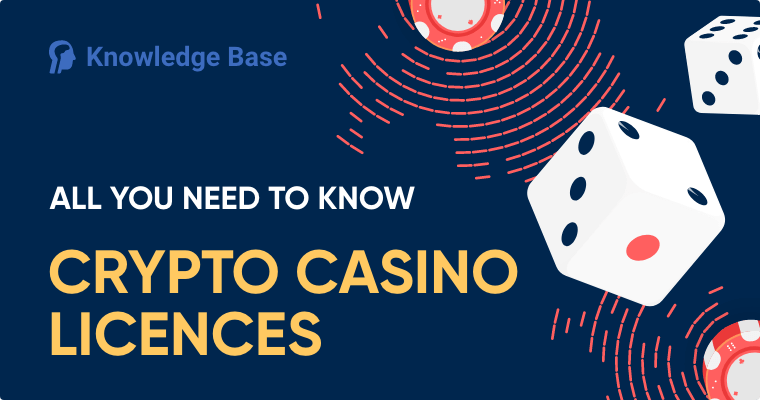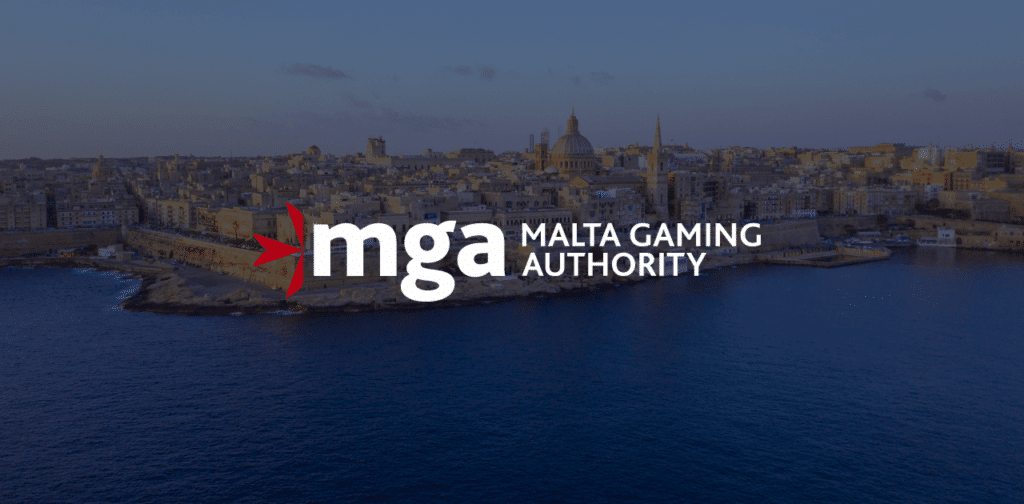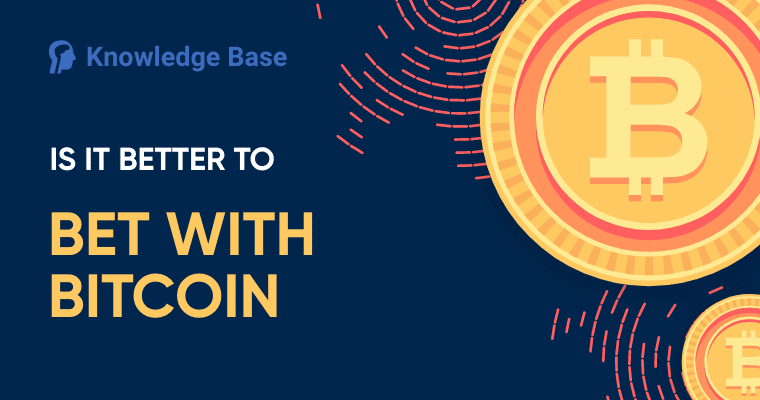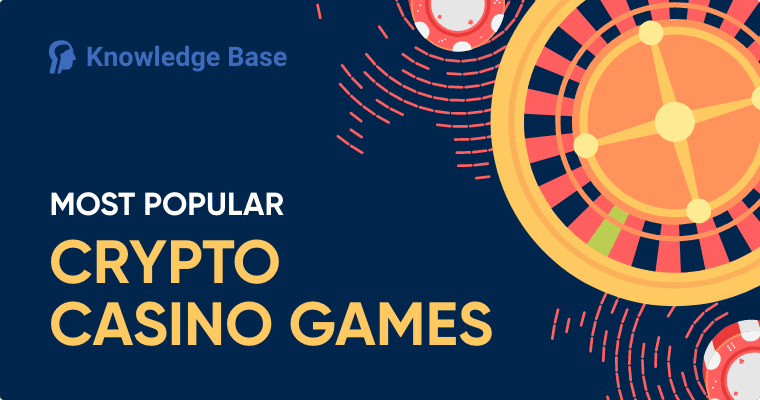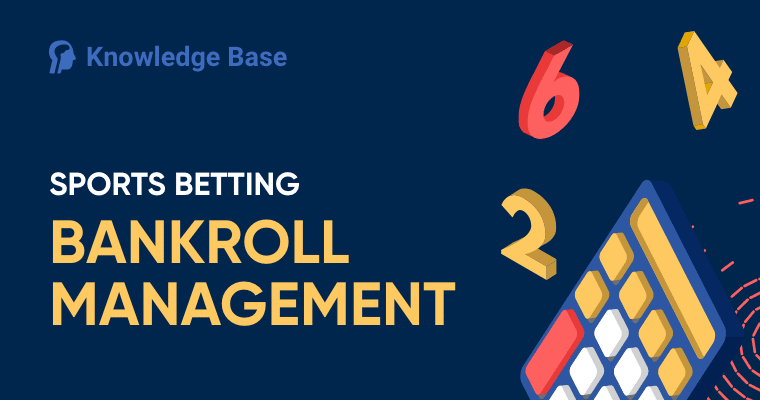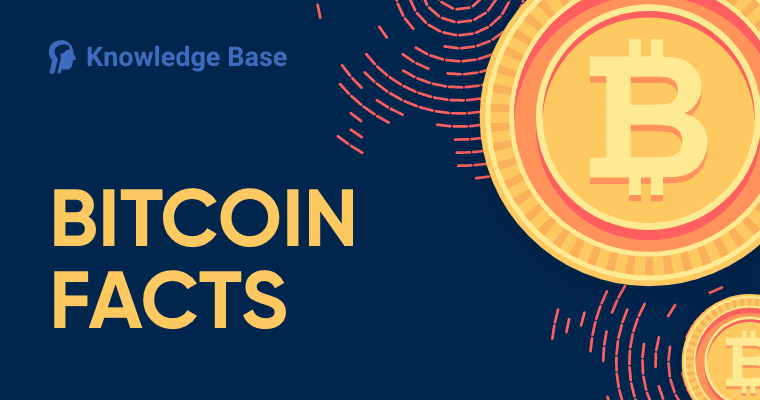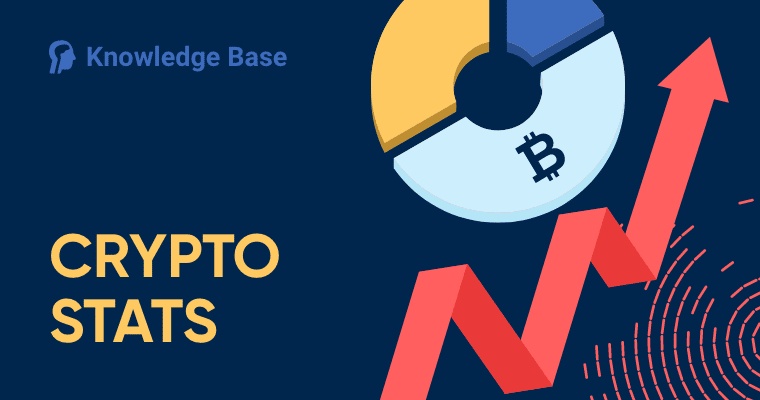Crypto Casino Licenses – All You Need to Know
Players who enter the world of risk and profit via crypto casinos expect their payment and personal data to be secured and for the casino games to be provably fair. The casinos have to offer the most basic guarantees if they wish to deliver an enjoyable gaming experience.
That’s where casino licenses come in. Crypto casino licenses tell players that the individuals connected with a gambling enterprise aren’t involved in any nefarious activities, that they have the assets needed to run a business, and that they are adhering to certain rules and regulations.
Governing Order and Fairness
Online casinos and sports betting sites that use government currencies must have a gambling license in order to work with payment processors and banks. Cryptocurrency casinos operate differently as their banking system is based on reliable and anonymous digital ledger technology.
Crypto casinos and bookmakers use their crypto wallets and do not need payment and banking providers. Thanks to the nature of crypto transactions, a crypto gambling license isn’t needed to ensure that online payments are safe. This is the only difference between crypto licenses and licenses handed out to venues that use fiat currencies.
The regulatory agencies are monitoring the following casino activities:
- The trustworthiness and fairness of site operations
- The ability to secure user funds
- The use of RNG software
- The ability of customers to withdraw their money
Casinos that fail to meet their obligations in any of these areas may have their license revoked. Gambling certificates often accompany licenses, ensuring that the software being used generates random results. The agencies that issue these certificates regularly conduct independent audits of the games and software.
The List of Online Gaming License Providers
Crypto and other online casinos show which gambling licenses they possess at the bottom of the main page. They typically display the name of the regulatory agency, the logo, and the link to the licensee’s page that confirms the validity of the license.
In a perfect world, every licensed provider would be fulfilling all their obligations at all times. However, different license providers meet these obligations with varying degrees of commitment to the player. That’s why we’ve taken the time to offer a brief overview of the best-known names in the business.
Montenegro
A casino gambling license from Montenegro is considered one of the most reliable options. Very few crypto metaverse gambling sites have this license. Montenegro has been issuing permits since 2012, and one license costs at least $390,000.
Crypto casinos with this license must abide by all the rules and regulations that apply to government currency casinos. That also means adherence to KYC and AML procedures that affect users’ privacy. But these very same standards can help protect the company against fraud and other corrupt practices. The crypto casinos with a Montenegrin gambling license must follow strict security rules:
- Know Your Customer or KYC standards
- Disclosure of unusual transactions
- National anti-money laundering regulations
- Counter-terrorism financing regulation
This gambling site license also provides plenty of protection for users. The government regulatory body promptly investigates any complaints, and the outcomes of those investigations are typically announced in a few months. Furthermore, the account for winnings is always verified and maintained.
Curacao
Most crypto casinos with free spins and other perks have a license from Curacao since it’s affordable and easy to acquire. The full license costs $180,000, with $36,000 in the form of a one-off upfront payment and an additional $6,000 monthly for the first two years. Once the two-year period ends, the betting venue can negotiate a new price.
The Curacao license evaluation period lasts about three weeks before the site’s application is accepted. The casinos that acquire the license are also slapped with a 2% gambling tax.
The license has a list of restricted countries and territories from which players cannot log in or withdraw their winnings. Individuals located in the United States, the Netherlands, the United Kingdom, Aruba, France, Bonaire, Singapore, Saba, St. Maarten, and Curacao don’t have access to sites with this license. Players in all other countries can play on these gambling sites.
One of the problems with this license is the lack of willingness on the part of the regulatory body to enforce the rules. It rarely conducts any inspections of licensed crypto casino sites. These venues are often willing to risk accepting players from the list of restricted countries since the license provider doesn’t really regulate their activities.
The fact that citizens from Curacao cannot play on these sites gives us a sense of the lack of trust and protection. Add to this the weak KYC regulations and the unethical attitude from the license holder and casinos, and you have websites with lackluster customer protection.
Kahnawake
The Kahnawake Gaming Commission regulates and licenses both crypto casinos and other online gambling venues. It was established in 1996 by the Mohawk Council of Kahnawake. Aside from online and crypto gambling licenses, it also provides licenses for brick-and-mortar operators.
Initially, the Commission got off to a shaky start and didn’t appear to be up to the task. However, in the last few years, the Kahnawake regulatory body updated its requirements, improving customer protection. Today, this Gaming Commission is more involved in resolving player disagreements.
The cost of obtaining this license is $30,000, which covers the first annual licensing fee. After that, the annual fee is between $15,000 and $20,000. In 2009, the commission resolved an infamous cheating scandal by ordering the Ultimate Bet poker site to pay $22 million to the affected players and another $1.5 million in fines.
Malta
The Malta license is as common as the Curacao one, with the Malta Gaming Authority regulating casinos that hold this license. The permit costs just over $22,000 for a one-time payment, but popular crypto casinos with high turnovers have to pay more than $870,000. If you think these high prices translate into very strict regulations, you’re wrong.
This license is in high demand as it allows online casinos to operate within the lucrative European gambling markets, offering tax incentives. The Malta Gaming Authority was once known for its highly respected license, but several high-profile scandals involving money laundering and other criminal activities permanently damaged the reputation of this online gaming license provider.
As it stands now, the application process is too long, with a waiting period that can drag on for up to six months. That’s why it’s not exactly surprising that the number of crypto sites with this license is shrinking.
Costa Rica
The biggest problem with the Costa Rica license is that there is no such license. The last entry on our list is actually a corporate entity that allows operators to conduct gambling activities without offering any regulatory framework. Only a handful of crypto casinos name Costa Rica as the provider of their so-called crypto gambling license, which costs around $9,000 to obtain.
The only requirement is having an address in Costa Rica. This can be an office, a beach house, or just a PO box. Customers using venues with this “license” should expect no safety nets when making deposits, withdrawals, or trying to claim their winnings. Since no one is actually regulating the activities of the casinos, any complaints from users directed to Costa Rica will go unanswered.
Players are at the mercy of the unlicensed operators. That said, some of these casinos take their business seriously and will try to accommodate players to a certain extent. However, there are real risks linked to gambling venues that hold this “license”.
Establishing Game Fairness
Certificates for Bitcoin casinos are crucial. They ensure that the casino operator conducts independent third-party audits of their RNG software and games. The casino operators and software developers have to ensure that games are provably fair, where everyone has the same chances of winning.
Gambling venues with Bitcoin casino licenses and game certificates are some of the safest sites on the market. Several independent companies and laboratories run game fairness tests and give out certificates to those operators that pass the tests:
- iTech Labs is a global leader in running game RNG tests. The company has been testing since 2004. Their certificates ensure the highest degree of game fairness and player protection.
- Crypto Gambling Foundation is widely regarded as the most reliable authority on the fairness of crypto gaming and Bitcoin casinos. They conduct detailed verification tests to ensure the software has RNG elements.
- Blockchair is the anonymous crypto coin search engine with a section listing approved crypto casino sites.
Conclusion
Most crypto gambling sites have a license that offers reassurances to casino players concerning their safety and anonymity. That is why it’s essential to always check the license data at the bottom of the main page. However, that is only the first step in ensuring a completely protected online gaming experience.
FAQ
Are crypto casinos regulated?
There is no single international body that regulates all crypto casinos. However, most crypto sites hold gambling licenses from one or multiple regulatory bodies.
Are there any legit crypto casinos?
Bitcoin casinos with valid crypto casino licenses are regulated by one or several agencies. They are required to abide by certain rules and regulations that protect both operators and customers.
Is a crypto lottery legal?
They are not illegal in many countries but are mostly unregulated. Those who want to try their luck with crypto lottery should be mindful of potential scams and stick to sites that have gambling licenses.
